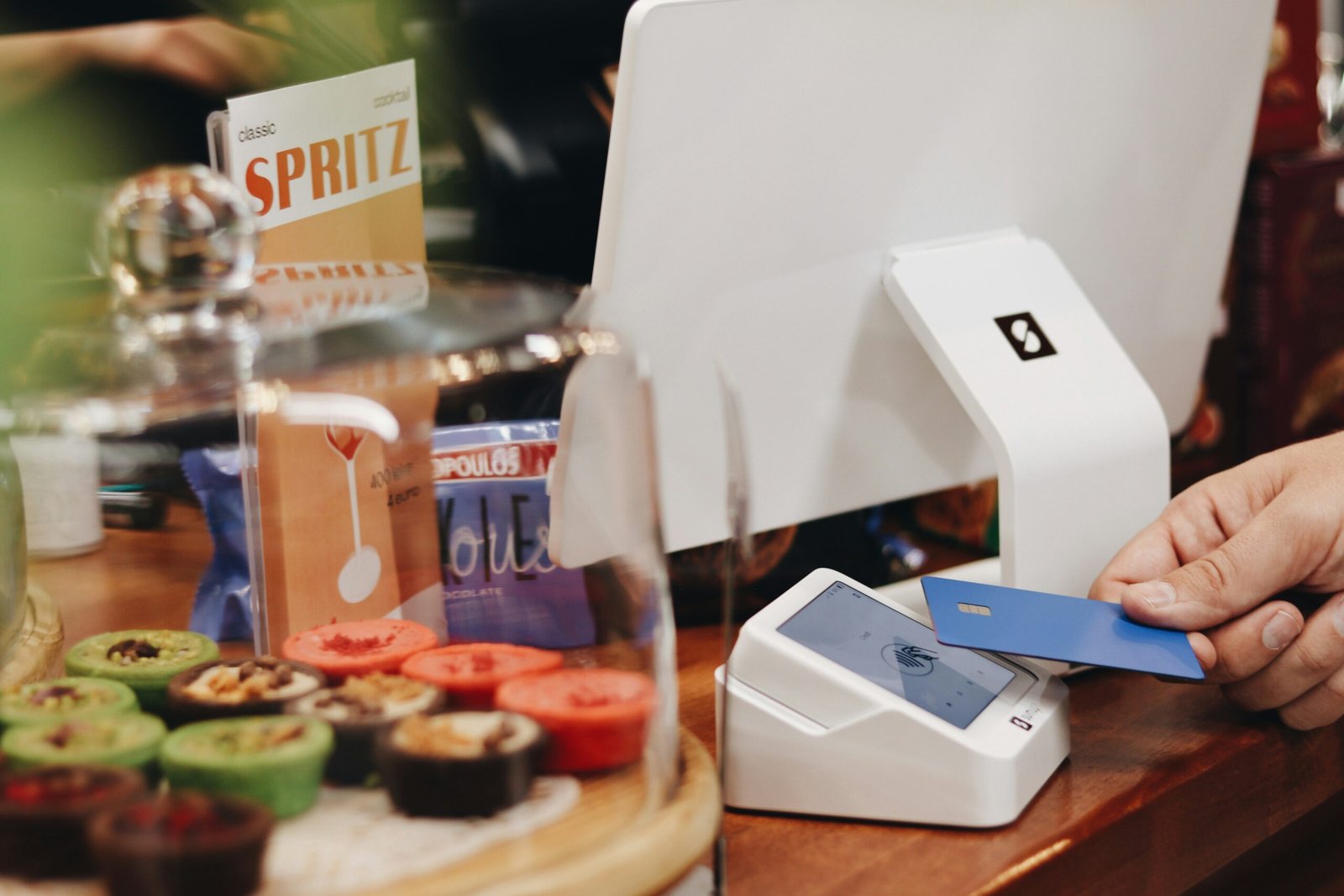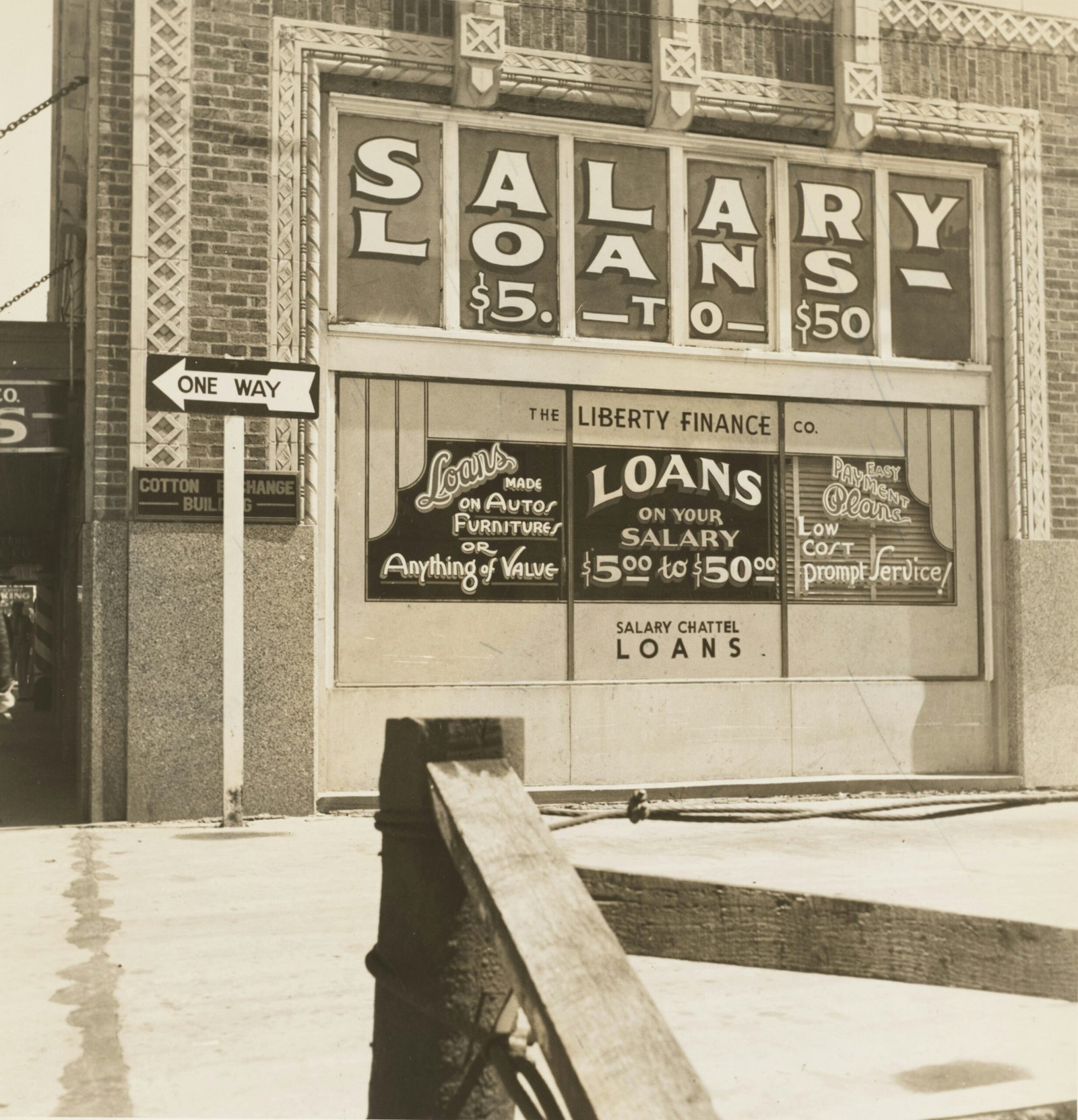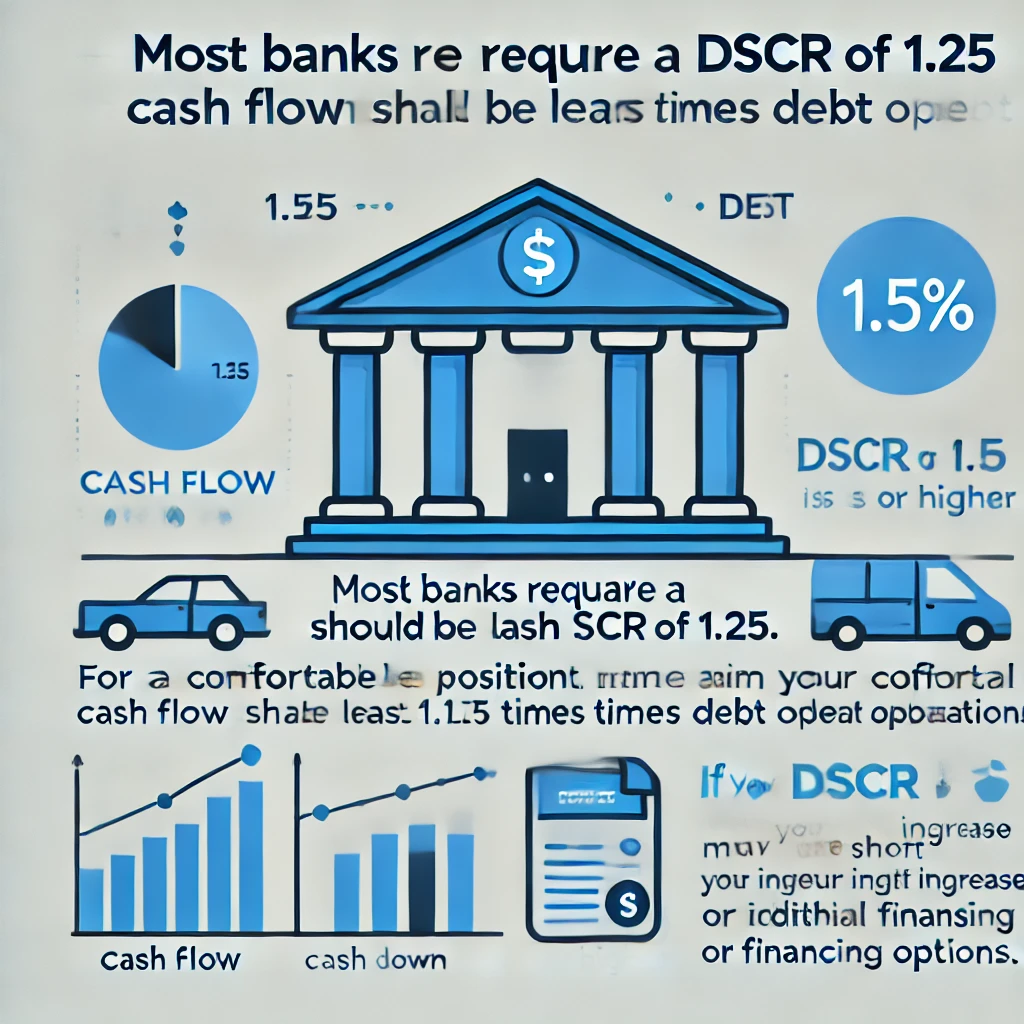Are you dreaming of owning your own business but feeling overwhelmed by the financial hurdles? You’re not alone. Many aspiring entrepreneurs find themselves in this boat, wondering if they can navigate the choppy waters of business acquisition without drowning in a sea of cash requirements. One lifeline that often comes to mind is the SBA 7(a) loan program. But here’s the million-dollar question: Is a 10% down payment enough to satisfy the SBA 7a Loan Requirements for Business Acquisition?
Table of Contents
- 1 Demystifying SBA 7a Loan Requirements for Business Acquisition
- 2 The Broker’s Perspective: Managing Expectations
- 3 Real-World Success: A 10% Down Payment in Action and still Satisfying the SBA 7a Loan Requirements for Business Acquisition
- 4 The Lender’s Perspective: What Banks Really Care About
- 5 SBA 7a Loan Requirements for Business Acquisition: Is 10% Ok? The Verdict
- 6 Navigating the SBA 7a Loan Requirements for Business Acquisition: Tips for Success
- 7 The Road Less Traveled: Alternatives to 10% Down
- 8 SBA 7(a) Loan Requirement of Business Acquisition: Is 10% Ok? The Bottom Line
Demystifying SBA 7a Loan Requirements for Business Acquisition
Let’s cut through the fog of misinformation and get to the heart of the matter. The SBA 7(a) loan program is designed to help small business owners access the capital they need, but it’s not a magic wand that makes all financial barriers disappear.
The 10% Minimum Down Payment to Satisfy SBA 7a Loan Requirements for Business Acquisition : Fact or Fiction?
Here’s the good news: the minimum SBA down payment requirement for business acquisitions is indeed 10% . This isn’t just hearsay; it’s straight from the horse’s mouth – a commercial lender with firsthand experience in the field. But before you start popping champagne bottles, let’s dive deeper into what this really means for you.
The Reality Check: It’s Not Always 10%
While 10% is the minimum, it’s crucial to understand that this figure can fluctuate based on several factors:
- Lender Discretion: Banks go 50/50 with the SBA, which means they have some skin in the game too. As a result, they might require more than the minimum 10% depending on their risk assessment
- Deal Complexity: The more intricate your acquisition plan, the more likely you are to face higher down payment requirements
- Business Type: Some industries are considered riskier than others, which could influence the down payment needed.
- Your Financial Profile: Your credit score, business experience, and overall financial health play a significant role in determining the loan terms.

The Broker’s Perspective: Managing Expectations
If you’ve been shopping around, you might have encountered brokers who insist on 20-30% or even 30-40% down payments. But here’s a nugget of wisdom from our discussion: some brokers might not be fully informed about SBA requirements, or they might be dealing with particularly risky deals that banks won’t finance at 10%.
The Broker Dilemma
Imagine you’re at a car dealership, and the salesperson won’t even talk to you because you can only put 10% down. Frustrating, right? That’s exactly what happened to one aspiring business owner in our discussion.
The takeaway? Don’t let one broker’s opinion discourage you. Shop around and find professionals who are well-versed in SBA loans.
Real-World Success: A 10% Down Payment in Action and still Satisfying the SBA 7a Loan Requirements for Business Acquisition
Now, let’s shift gears and look at a real success story. One entrepreneur managed to acquire a business using an SBA 7(a) loan with just 10% down. Here’s how they made it happen:
- Diverse Funding Sources: They tapped into savings, home equity, and even retirement funds to cobble together the 10%
- No Real Estate Involved: Contrary to some beliefs, this deal was for the business only, no real estate included
- Strong Business Financials: The acquired business had a solid financial track record, including substantial cash reserves
- Multiple Bank Approvals: They had not one, but three banks willing to fund the deal at 10% down
This real-world example proves that 10% down for an SBA 7(a) loan in business acquisition is not just a pipe dream – it’s a achievable reality for the right deal and the right buyer.
The Lender’s Perspective: What Banks Really Care About
When it comes to SBA 7(a) loans for business acquisition, banks aren’t just looking at your down payment. They’re assessing the overall viability of the deal. Here’s what they’re really focusing on:
Business Creditworthiness
The bank’s primary concern is whether the business can repay the loan. They’ll dive deep into:
- Three years of financial statements and tax returns
- Current profitability and cash flow
- Industry outlook and business stability
Your Personal Profile
While the business takes center stage, you’re not entirely off the hook. Lenders will consider:
- Your credit score (a score above 800 can be a significant advantage)
- Management experience (especially in a similar-sized business)
- Your personal financial statement
Collateral and Assets
Hard assets play a role, but they’re not the be-all and end-all:
- Business assets are considered (in one case, valued at around $1.5M for a larger acquisition)
- Personal assets in protected accounts (like 401(k)s and IRAs) typically aren’t factored in
- Home equity might be tapped for the down payment but not necessarily required as additional collateral
SBA 7a Loan Requirements for Business Acquisition: Is 10% Ok? The Verdict
So, is a 10% down payment okay for an SBA 7(a) loan in business acquisition? The answer is a resounding “it depends.” While 10% is the minimum requirement set by the SBA, and there are success stories of acquisitions funded with just 10% down, it’s not a guarantee for every situation.
Factors That Can Make 10% Work:
- A business with strong, stable financials
- Your solid management experience
- A high personal credit score
- A less risky industry
- Finding the right lender who’s comfortable with 10% down
When 10% Might Not Be Enough:
- High-risk or volatile industries
- Lack of relevant management experience
- Weak personal financials or credit history
- Complex acquisition structures
- Conservative lenders who prefer higher down payments
If you’re set on pursuing an SBA 7(a) loan for business acquisition with a 10% down payment, here are some strategies to increase your chances of success:
- Shop Around: Don’t settle for the first lender or broker you encounter. Some banks are more risk-tolerant than others
- Highlight Your Management Experience: Create a resume that emphasizes your management skills, P&L responsibility, and sales and marketing experience
- Focus on Cash Flow: Ensure the business you’re acquiring has strong, demonstrable cash flow to reassure lenders
-
Consider Seller Financing: While it’s becoming more challenging, seller financing can sometimes be used to reduce the buyer’s cash injection requirement
-
Look for SBA Preferred Lenders: Some lenders specialize in SBA loans and may be more amenable to 10% down deals
-
Be Prepared for Due Diligence: Have all your financial documents in order and be ready for thorough scrutiny of both your personal finances and the target business
The Road Less Traveled: Alternatives to 10% Down
While we’ve focused on the possibility of a 10% down payment, it’s worth noting that this isn’t the only path to business ownership. Here are some alternatives to consider:
Higher Down Payments Some industry veterans suggest planning for a 20% down payment as a more realistic target for most business acquisitions. This higher amount can open more doors and potentially lead to better loan terms.
Partner Up If you’re short on cash, consider finding a partner to help with the down payment. You’ll give up some equity, but you could potentially buy them out later.
Seller Financing While it’s becoming more challenging due to tightening rules, seller financing can still be a valuable tool. Just be prepared for potential standby periods where the seller note can’t be paid.
Franchise Options For those interested in franchises, some have preferred lenders that might offer more favorable terms, especially for well-established franchise brands
SBA 7(a) Loan Requirement of Business Acquisition: Is 10% Ok? The Bottom Line
In the world of business acquisitions and SBA 7(a) loans, the 10% down payment is like a starting point in a negotiation – it’s possible, but not guaranteed. Your journey to business ownership through an SBA 7(a) loan will depend on a complex interplay of factors including your personal financial health, the business you’re acquiring, the industry you’re entering, and the lender you choose.
Remember, while the allure of minimal down payments is strong, it’s crucial to approach your business acquisition with a realistic and comprehensive financial plan. The 10% down SBA 7(a) loan for business acquisition isn’t a myth, but it’s not a one-size-fits-all solution either. As you embark on your entrepreneurial journey, arm yourself with knowledge, seek out experienced professionals, and don’t be afraid to explore multiple options.
With persistence, preparation, and the right opportunity, you might just find yourself joining the ranks of successful business owners who turned their dreams into reality with an SBA 7(a) loan.
The path to business ownership may have its twists and turns, but with the right approach and understanding of SBA 7a loan requirements for business acquisition, you’re already one step closer to your entrepreneurial dreams. So, is 10% ok? It can be – and now you know exactly what it takes to make it work for you.






